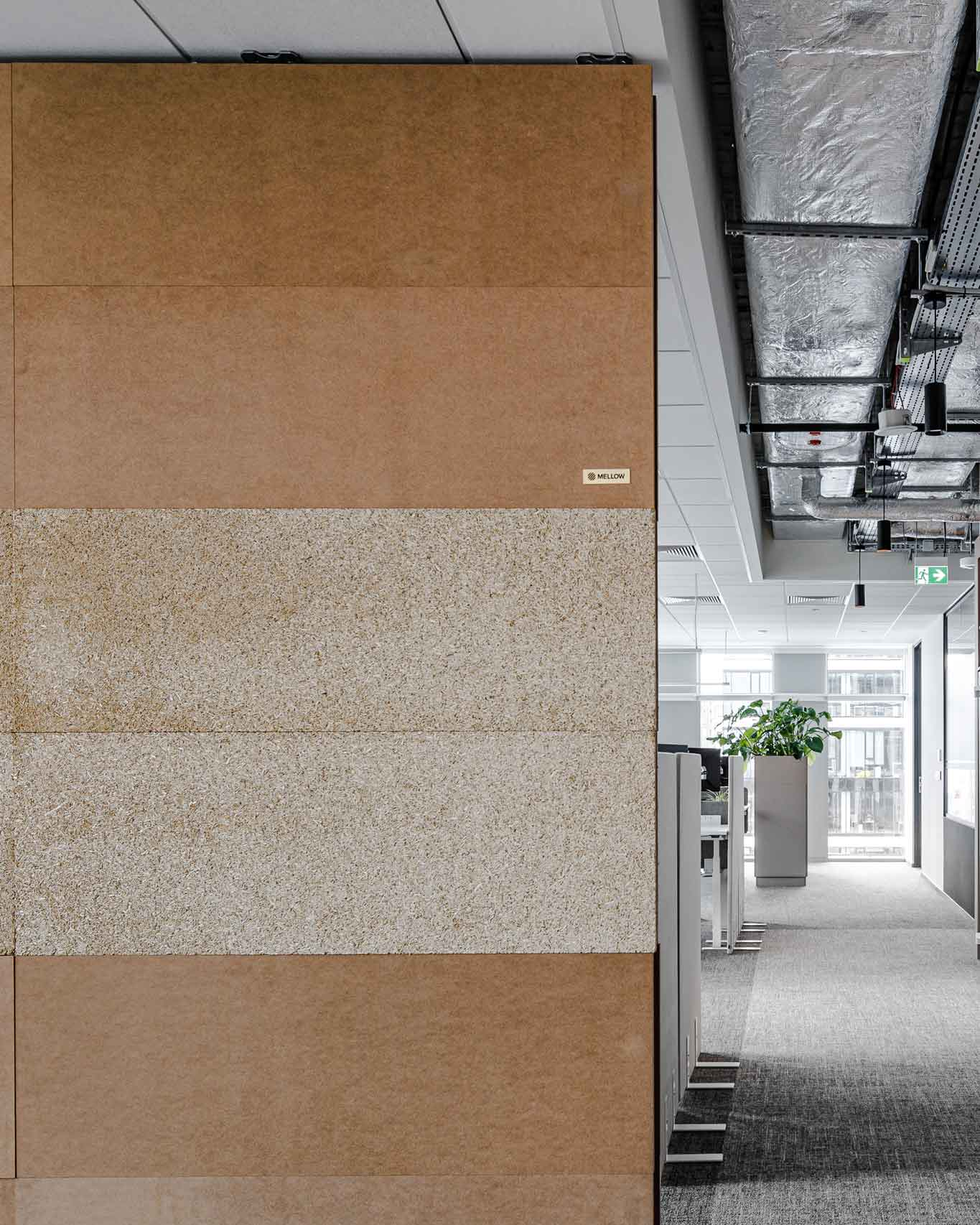
Europe's Environmental Risks: Unsustainable Living in Focus
The Negative Impacts of Non-Eco-Friendly Environments in Europe
In today’s modern world, the adverse effects of non-eco-friendly environments in Europe are becoming increasingly evident. This article sheds light on the perils of living in such environments and advocates for the adoption of sustainable practices for a better future.
1. Air Pollution and Respiratory Health:
The Reality of Europe’s Urban Air Quality
Europe’s urban centers are grappling with alarming levels of air pollution primarily stemming from vehicle emissions, industrial activities, and the burning of fossil fuels. The consequences of this pollution are dire, with numerous studies linking it to respiratory ailments such as asthma, bronchitis, and even lung cancer. Those residing in areas with high pollution levels face significant health risks, particularly concerning respiratory health.
2. Degradation of Natural Ecosystems:
The Toll of Non-Eco-Friendly Practices
Non-eco-friendly practices like deforestation, habitat destruction, and intensive agriculture are wreaking havoc on Europe’s natural ecosystems. The loss of biodiversity not only threatens the resilience of ecosystems but also disrupts the delicate ecological balance. Moreover, it compromises the ability of these ecosystems to provide essential services like clean water, air purification, and climate regulation, thereby posing a threat to the overall well-being of the region.
3. Climate Change Impacts:
Europe’s Encounter with Climate Change
The repercussions of climate change are palpable across Europe, manifesting in rising temperatures, extreme weather events, and the gradual rise in sea levels. Unfortunately, non-eco-friendly practices, such as greenhouse gas emissions, exacerbate these adverse effects. The resultant climate-related impacts pose significant risks to communities, infrastructure, agriculture, and biodiversity, emphasizing the urgent need for proactive mitigation and adaptation measures.
4. Health Inequities and Vulnerable Populations:
Disparities Amplified by Environmental Factors
Vulnerable demographics, including children, the elderly, and low-income communities, bear the brunt of the adverse health effects stemming from non-eco-friendly environments. Disparities in access to green spaces, clean air, and safe drinking water only serve to exacerbate existing health inequities, underscoring the pressing need to address environmental justice issues promptly.
Conclusion: Embracing Sustainability for a Greener Future
The dangers posed by non-eco-friendly environments in Europe are undeniable, jeopardizing human health, ecological integrity, and the sustainability of our planet. To mitigate these risks and foster resilient communities, urgent action is imperative. Transitioning towards sustainable living practices, encompassing renewable energy adoption, eco-friendly transportation, green infrastructure development, and robust conservation efforts, is paramount. By embracing sustainability as a guiding principle, Europe can pave the way for a healthier, greener future for all. Through collective action, policy reforms, and individual choices, we can forge eco-friendly environments that prioritize human well-being, safeguard biodiversity, and mitigate the impacts of climate change.
Here at mellow, we want to be a part of the change towards a better future. We offer circular solutions to help others reach their sustainability goals as well. Book a call below to learn more!

Latest ArtiCles


building better with adaptable partition walls

21 Responses
I like this website very much, Its a really nice situation to read and
receive information.[http://damaniwilson.com/__media__/js/netsoltrademark.php?d=www.blogexpander.com Blog money]
hey Alba,
thank you so much, we are happy that you like it!
do not forget to follow us on our social media 🙂
Tereza, team mellow designs
Hello there! Would you mind if I share your blog with my twitter group?
There’s a lot of people that I think would really appreciate your
content. Please let me know. Cheers
hello!
you’re welcome to share our blog with whoever you may think is interested!
ida, mellow designs team
Hi my friend! I want to say that this post is awesome, nice written and include
approximately all important infos. I would like to
see extra posts like this .
hello!
thank you so much! your feedback means a lot to us. we’ll make sure to continue sharing good content.
Ida, team mellow designs
What’s up, all the time i used to check website posts here early in the dawn, for the
reason that i enjoy to gain knowledge of more
and more.
hey!
that’s so nice to hear! we’re glad you enjoy it.
Ida, team mellow designs
You really make it seem so easy along with your presentation but I to find this matter to be really one thing which
I think I might never understand. It sort of feels too complicated and very broad for me.
I’m looking forward on your subsequent put up, I will attempt to get the hang of it!
Good way of explaining, and pleasant article to get facts on the
topic of my presentation subject, which i am going to present in college.
Hi every one, here every one is sharing such knowledge, so it’s good to read this webpage, and I used to pay a visit
this weblog every day.
Magnificent web site. A lot of useful information here.
I am sending it to a few buddies ans also sharing in delicious.
And naturally, thanks on your effort!
hello!
thank you for such a nice comment and for recommending us to your friends! we appreciate it.
Ida, team mellow designs
Just wish to say your article is as astonishing.
The clearness in your post is simply spectacular and i could assume
you’re an expert on this subject. Well with your permission allow me to grab your feed to keep updated with forthcoming post.
Thanks a million and please carry on the rewarding work.
Hey there! I’m at work surfing around your blog from my new iphone
4! Just wanted to say I love reading through your blog and look
forward to all your posts! Carry on the fantastic work!
I’m truly enjoying the design and layout of your blog.
It’s a very easy on the eyes which makes it much more enjoyable for me to come here
and visit more often. Did you hire out a developer to
create your theme? Outstanding work!
Touche. Great arguments. Keep up the amazing effort.
What i don’t realize is if truth be told how you are no longer really a lot more neatly-liked than you may be now.
You are very intelligent. You know thus significantly on the
subject of this subject, produced me in my view believe it from numerous various angles.
Its like men and women are not fascinated until it is one thing to accomplish with
Woman gaga! Your personal stuffs nice. Always handle it up!
Informative article, totally what I needed.
I am regular visitor, how are you everybody? This piece
of writing posted at this website is really good.
Good information. Lucky me I came across your blog by
accident (stumbleupon). I have saved it for later!